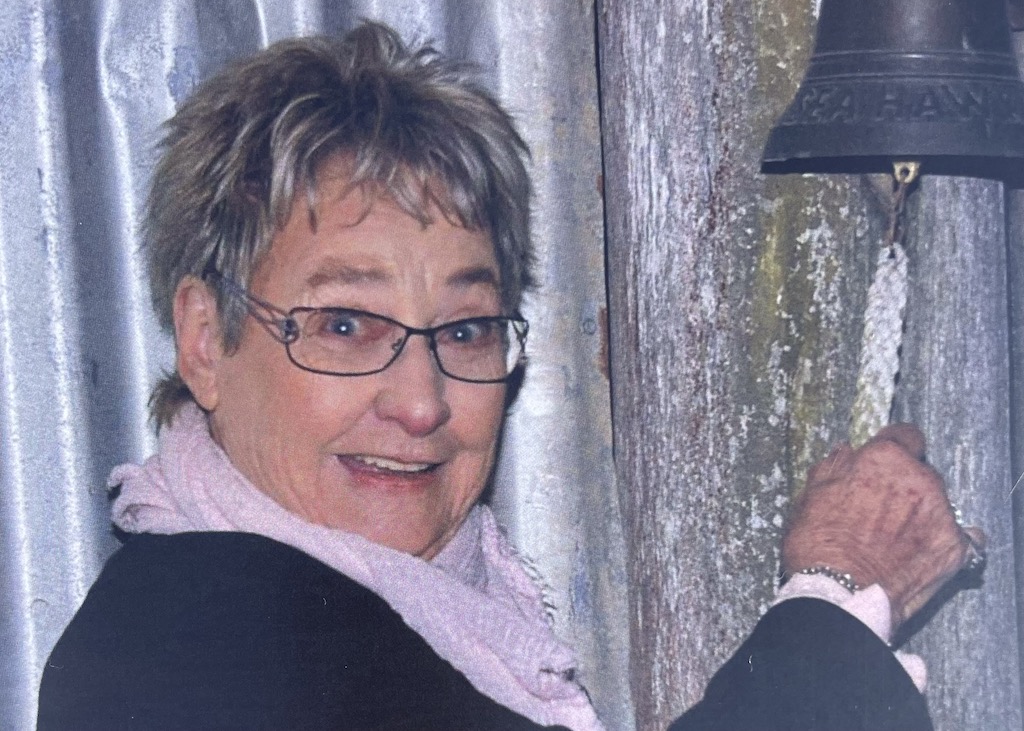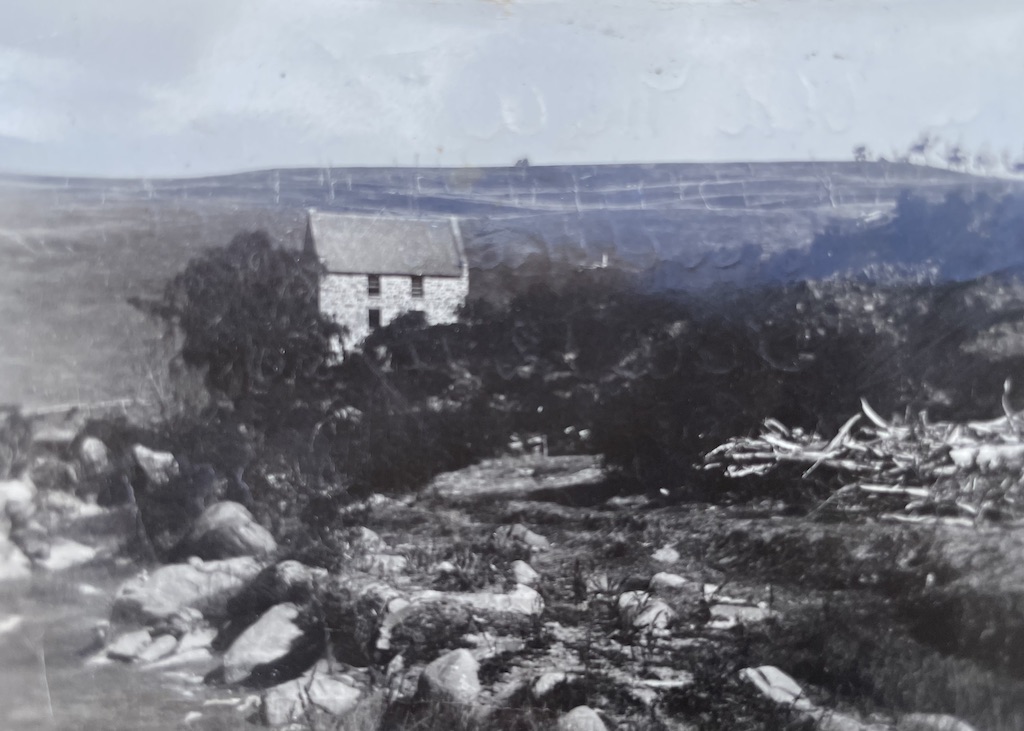
A ringing endorsement for equality on the land, in the workforce and sport, Pam Granger revelled in upsetting the status quo in shearing sheds and at the racetrack. Photo: Granger family.
Growing up on Glenallie, a grazing property 17 kilometres west of Goulburn in the 1940s and ’50s, Pam Granger broke through barriers that restricted women to only a few traditional roles.
Up at the crack of dawn with her father John McDonald, she dipped sheep in a plunge dip to rid them of ticks and pulled lambs from the brink of death on ice-covered paddocks around them.
Pam’s lifelong love of the land has never diminished but was tested one unforgettable November in her younger years. A fierce storm cut a swathe of destruction across the tablelands, and soaked to the skin, she had never experienced such desperation helping stricken sheep. In the bitterly cold downpour, with gullies and creeks turning into rivers, many of their sheep were too frightened to move.
“We had shorn sheep and they were dropping in the paddocks, they were freezing to death,” Pam said. “We were bringing in as many sheep as we could to shed them to try and keep them warm, and had to bring them across a waterway.
”They started to wash down the creek, that was terrible. You were catching them and lifting them out. I’ll never forget that day, it was horrible, nasty.”
In the aftermath, farmers from Goulburn to Braidwood needed bulldozers to bury their drowned livestock.
Forming a natural boundary between Glenallie and neighbouring property Pomeroy, the Wollondilly River flooded in wet years, dumping a small mountain of river sand near Glenallie, creating the best-ever slippery slides for Pam and her older sister Gwenda.
As the years progressed, Pam felt more comfortable in a man’s world and shunned the tradition of teenage girls entering nursing or teaching. Completing high school, she returned to Glenallie and learned wool classing at the then Goulburn Technical College in Bourke Street. To qualify for her ticket, she classed wool at Glenallie and sheds further west.
“I would have been one of the first girls to learn wool classing,” she said.
Pam was taking on more responsibility at home, including looking after the place when her mother Iris and John went on holiday. She had grown accustomed to getting in the cows, fencing, sowing crops and helping with shearing. She loved stories of the early years in the bush, sometimes while riding her stockhorse Prince alongside her father, “the most wonderful man”.

This photo of the Pomeroy Mill west of Goulburn, in the days when it still had a roof, was found on a glass slide by Iris Granger, Pam’s mother, many years ago. Her family grazed sheep and cattle on a property bordering Pomeroy. Photo: Granger family.
“My grandfather Simon McDonald as a young fella went to dances on the top floor of the old Pomeroy Mill,” she said.
Three inns once traded along the road to their property, which joined the Mummel Road (now Range Road). And yet bullock drivers on the long haul to Crookwell would hide their flagons of grog under a log or behind a stump along the road for another journey. Tennis was popular and many of the properties, including Glenallie, had courts. When visitors made the trek out there, they stayed up to a week.
Born in Goulburn’s Lemrac Private Hospital, she later travelled to and from town for school, and remembers one morning near Dixon’s Creek when a heavy transport vehicle coming in the opposite direction forced the school bus driver to take evasive action up an embankment.
“The old bus ended up hanging sideways and we all had to climb out the back windows,” she said. “Somehow they got another bus out and I still toddled off to school.”
Pam later took an interest in speedway racing.
“I was one of the first women to drive with the men on the speedway. It was a big no-no in those days,” she said. “I wanted to race with the guys for more competition. That caused a lot of problems in those days.”
She won an open early model championship in Goulburn against the men and a women’s-only race in her husband Hugh’s FC Holden at Tralee, near Canberra.
Hugh, who started a salvage business that later became a long-running transport business, was not keen on her racing, but her sons Peter, Michael and Rodney were supportive. A few years ago, they surprised her by restoring her EJ Holden car, which she had stripped out and prepared for the racetrack.
“That was one of the best days of my life,” Pam said.
The Holden, a 1927 Buick, an American Falcon convertible and old tractors and memorabilia are kept in a large shed on her property in “blue-ribbon” country on the Gurrundah Road outside of Goulburn. Her love of the land is as strong as ever.







